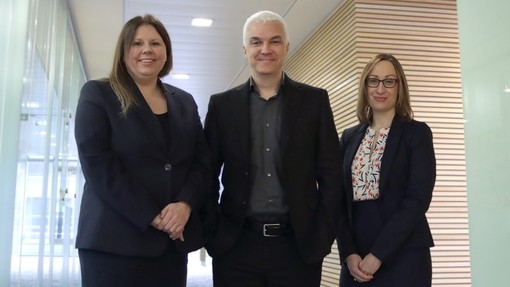Separated: Can I take my child on holiday abroad?

Details
The school summer holiday period is almost upon us. For family lawyers, this can be a busy time of year as often issues arise for separated parents when they mention to the other the prospect of taking their children on holiday, be it in England and Wales, or abroad.
Many parents are unaware that it is a criminal offence to take their child out of England and Wales without the permission of every person who has parental responsibility for the child unless permission of the Family Court has been granted.
However, if a Child Arrangements Order (formerly known as a Residence Order) has been made by the Family Court stating that a child is to live with a particular parent then that parent may take their child out of England and Wales for up to four weeks at a time without permission from the other parent, provided the holiday will not conflict with time that a court order provides would ordinarily spend with the other parent. If the intended period of travel is longer than 28 days then permission from everyone with parental responsibility or authority from the Family Court is required.
In circumstances where one parent seeks permission from the other to take a child on holiday but permission is not forthcoming then an application can be made to the Family Court for a Specific Issue Order. This type of court application would ask the court for authority to remove the child from England and Wales for the purpose of the proposed holiday.
We sometimes come across situations where one parent may seek to prevent the other taking their child on holiday, for instance, where they feel that the proposed holiday may not be in the best interests of the child for some particular reason. This may be, for example, because the holiday is proposed in school time or is to a high risk destination. In these circumstances the concerned parent can make an application to the Family Court for a Prohibited Steps Order: an order preventing the proposed holiday from taking place.
Whenever the Family Court is asked to consider an application dealing with children, the court’s paramount consideration will be the child’s welfare.
Making a court application is an expensive, time consuming process and it can often damage relations between parents, when they should be working together to best meet their child’s needs. Court proceedings should always be viewed as a last resort.
The sensible approach to division of school holidays is to try and agree these as soon as the holiday timetable for the school year is known. An approach to the other parent can then be made setting out suggestions for division of time for each holiday and highlighting any proposed holidays abroad. Full details of such holidays should be given including: destination, dates, accommodation address, telephone numbers, flight numbers etc. It is essential to parents that they are made aware of where their child is going on holiday in case of an emergency.
If you are unable to reach agreement with the other parent then you should consult with a specialist family solicitor in order to discuss the best approach for making progress. The usual options are further negotiations via solicitors, mediation or court proceedings.






